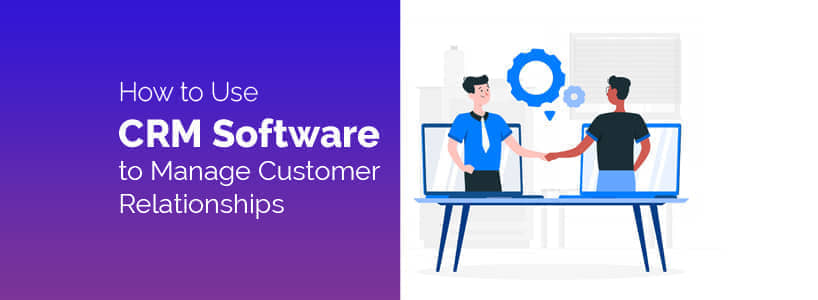In todays fast-paced business environment, maintaining strong relationships with customers is crucial. Customer Relationship Management (CRM) software helps businesses streamline communication, track interactions, and enhance customer satisfaction. Whether you run a small business or a large enterprise, using CRM software effectively can improve sales, customer service, and overall business efficiency.
Understanding CRM Software
CRM software is designed to manage and analyze customer interactions throughout the customer lifecycle. It stores customer data, such as contact details, purchase history, and communication logs, allowing businesses to personalize their services. The best CRM software provides automation, analytics, and reporting tools to help businesses make data-driven decisions.
Steps to Use CRM Software Effectively
1. Choose the Right CRM Software
There are many top CRM software solutions available, each with unique features. Consider factors such as ease of use, scalability, and integration with other tools before selecting a CRM platform that suits your business needs.
2. Centralize Customer Data
One of the primary benefits of CRM software is centralizing customer information. By storing customer interactions in a single database, businesses can ensure that sales and support teams have access to up-to-date information, improving response times and service quality.
3. Automate Routine Tasks
CRM systems offer automation features that help businesses reduce manual workload. Automating email follow-ups, appointment scheduling, and sales pipeline management saves time and enhances efficiency. Automation ensures that customers receive timely responses, improving engagement and retention.
4. Monitor Customer Interactions
CRM software allows businesses to track customer interactions across multiple channels, including emails, phone calls, social media, and live chats. Monitoring these interactions helps companies identify customer needs and preferences, enabling personalized marketing strategies.
5. Analyze and Improve Customer Engagement
Most CRM platforms provide analytics and reporting tools that help businesses assess customer behavior. By analyzing data such as conversion rates, customer feedback, and sales trends, businesses can refine their marketing strategies and improve customer engagement.
6. Integrate with Other Business Tools
For seamless operations, integrate your CRM software with other essential business tools like email marketing platforms, accounting software, and e-commerce solutions. This integration ensures data consistency across different departments, boosting overall efficiency.
Benefits of Using CRM Software
- Enhanced Customer Experience : By tracking customer interactions and preferences, businesses can offer personalized services.
- Improved Sales Performance : CRM software helps manage leads, track deals, and optimize sales strategies.
- Increased Productivity : Automating repetitive tasks allows employees to focus on high-value activities.
- Data-Driven Decision Making : Access to real-time customer data enables informed business decisions.
- Better Team Collaboration : CRM systems ensure that different departments can access and update customer information in real-time.
Final Thoughts
Effectively using CRM software can significantly impact customer satisfaction and business growth. By choosing the right CRM software and implementing best practices, businesses can enhance customer relationships and drive success. Investing in a robust CRM solution is a strategic move that will streamline operations and improve customer interactions in the long run.
